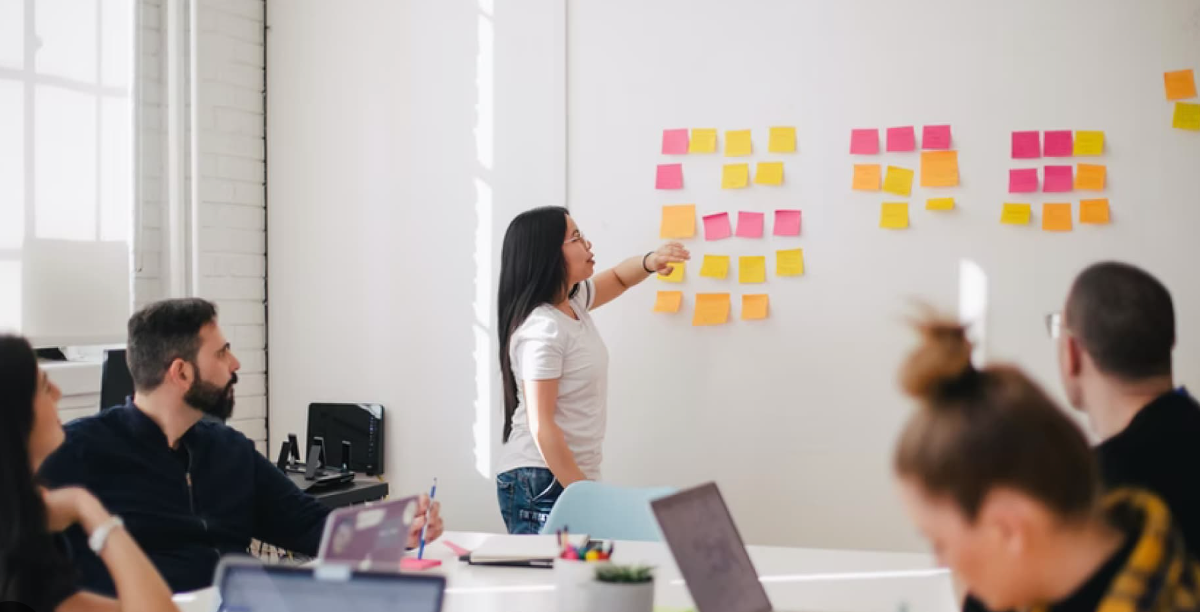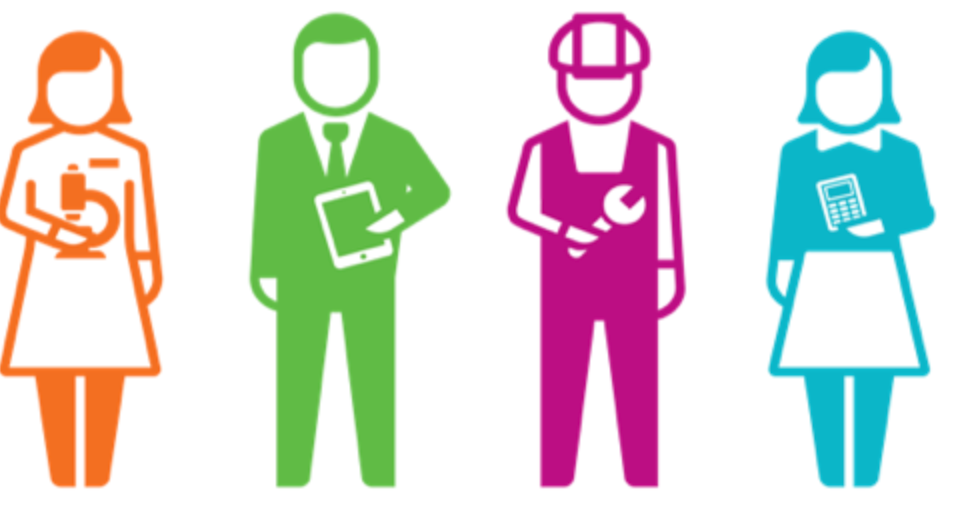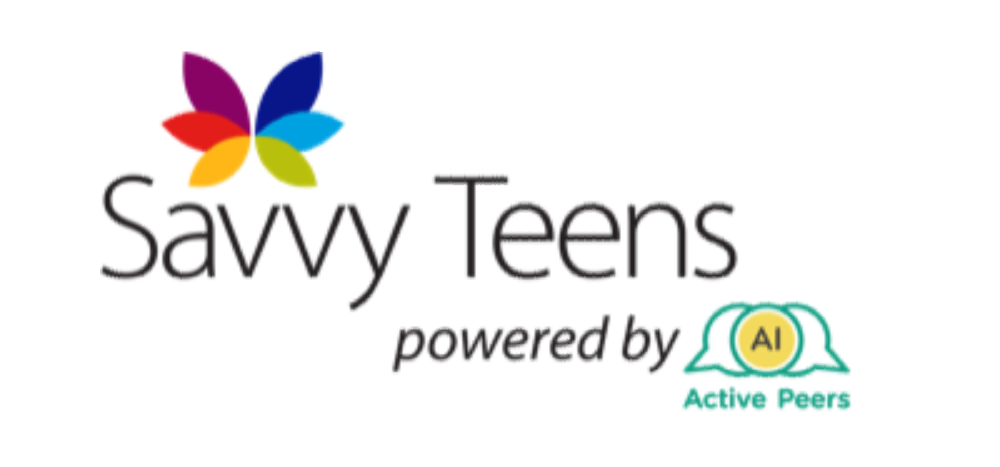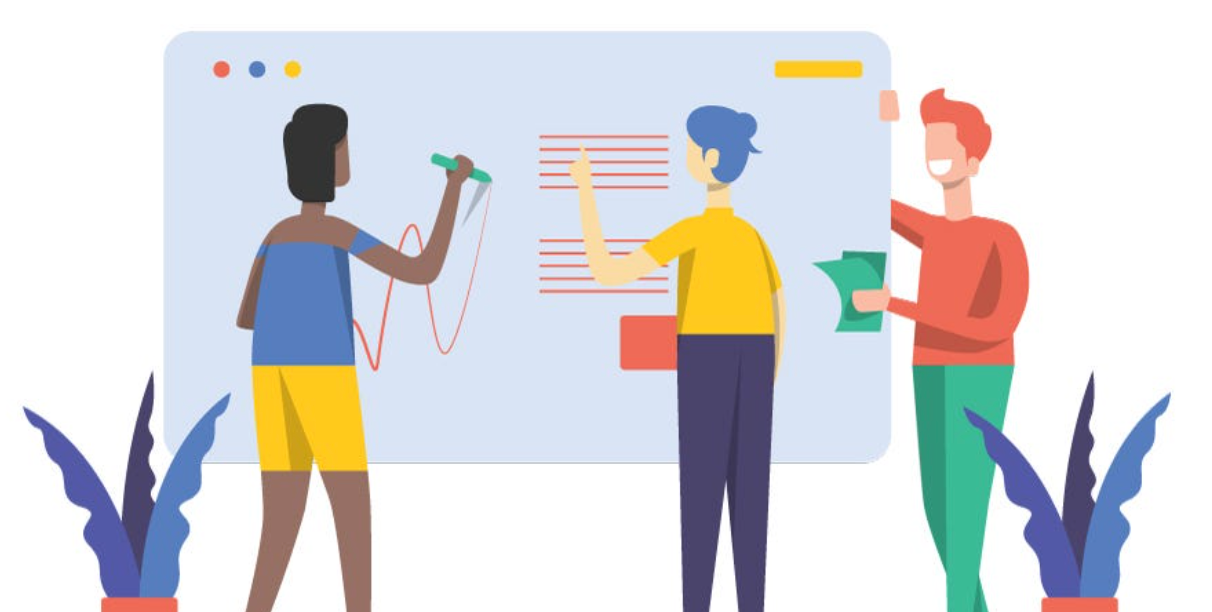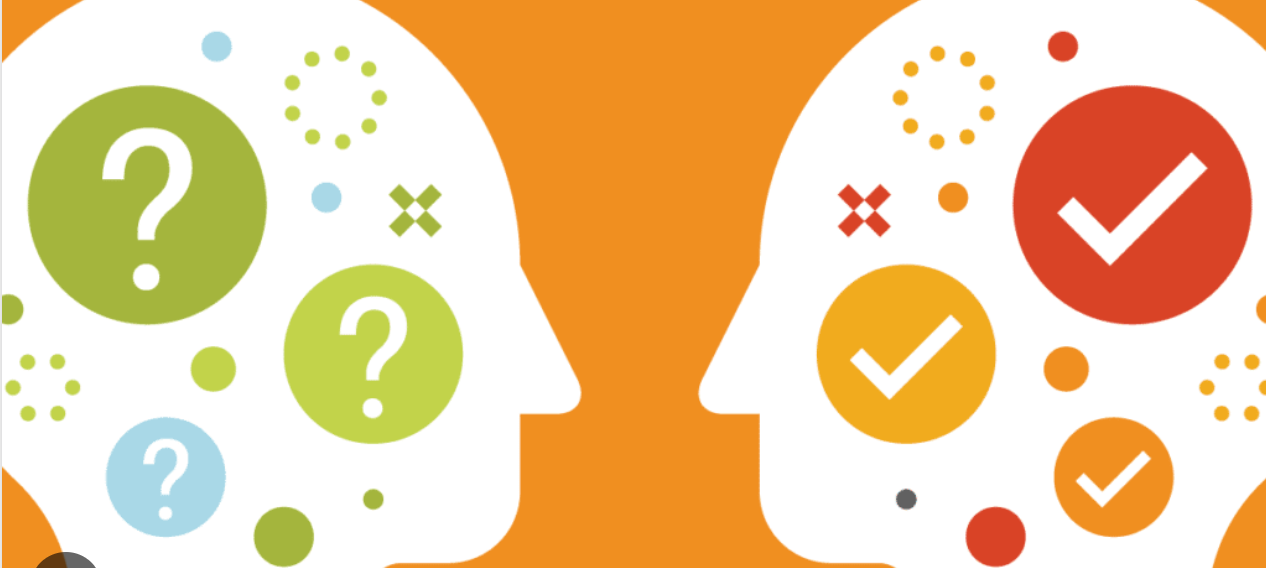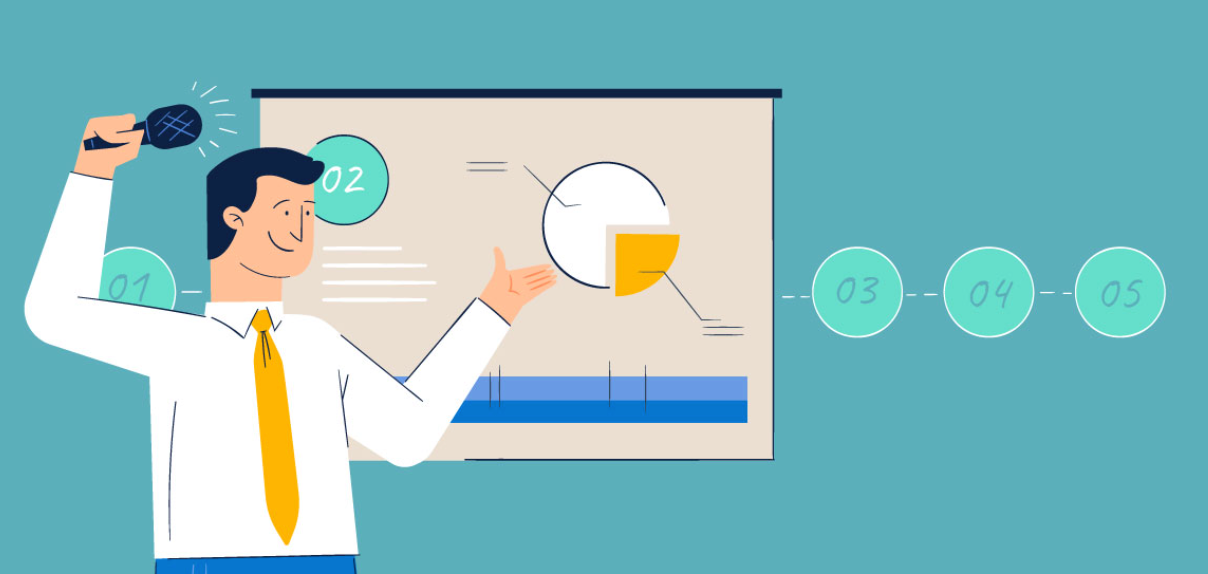Enabling Early Career Development and Networking in a Hybrid Environment
Active Peers AI's second YouTube Live is out!
Active Peers AI recently hosted its second YouTube Live on “Enabling Early Career Development and Networking in a Hybrid Environment”. This Livestream is based on a two-week internship that our CEO and Founder of Active Peers AI Susan HayesCulleton facilitated for a wealth management company in late August. During the internship, Susan used Active Peers AI, both the ethos and the technology, numerous times. For instance, Susan used the Active Peers AI Survey Tool to help the group identify their strengths and their areas of improvement and then match people accordingly to spread knowledge around effectively. Susan also used the Custom Prompter to help the interns prepare for a podcast interview. Apart from a Q&A session with Susan, we also had a special guest Anya Shorey, who was one of the interns, join us for an interview with Susan.
Interview with Susan and Anya
During the interview, Susan and Anya covered a range of topics related to early career development and networking:
- The first aspect that Susan and Anya discussed was the crowd-sourced wisdom on LinkedIn. Every morning during the internship, Susan posted a question on LinkedIn to encourage the interns to network digitally. Anya pointed out that the questions would typically involve the interns reflecting on their life goals and experiences, such as “What’s the best piece of advice you’ve ever been given?” and “What are you doing today that will help you in 10 year's time?". Anya mused that these kinds of questions helped to bring her focus back to what's important to her in her career and made her really reflect on her early career development. She also really appreciated the crowdsourced wisdom these LinkedIn questions enabled as she said that reading other people's insights helped her to broaden her horizons and allowed her to think from a fresh perspective.
- The second aspect that Susan and Anya reflected on was teamwork. During the internship, Susan planned a lot of activities that involved pair or group work. Anya agrees that teamwork is an essential aspect of working in a company and she enjoyed being paired with different people as it allowed them to share knowledge effectively. Anya also got to learn from her peers as they were from different a range of disciplines, including finance, economics, and STEM, and she discovered that people from different disciplines have their own way of approaching a task or a problem, whether that is a strategic or an analytical approach.
- The third aspect that Susan and Anya touched upon was the frequent reflections on different activities and experiences during the internship. Susan used surveys and the Active Peers AI Feedback Tool to help the interns reflect on their day. Anya really appreciated the Active Peers AI Feedback Tool as it helped her to not only reflect on what worked well but also on what could be improved and how she can do a particular task better next time.
- Moreover, Susan and Anya discussed how they used social media, in particular LinkedIn and Instagram, to connect and network with others during the internship. Regarding using Instagram, Anya believes it is a great way to interact with your audience as it is less permanent and more widely shared than LinkedIn. Anya claims that since everything we post would come up on our LinkedIn connections' feeds, people might be more cautious of posting things on LinkedIn because of not saying the "right thing". This in return causes people to engage in self-censorship as they want to be perceived as professional by others. On the other hand, when someone comments on a post or replies to a story on Instagram, it does not come up on our followers' feeds, thus encouraging us to share their honest opinions. Anya also mentioned that the question sticker on Instagram is particularly useful for companies who are looking for honest feedback as the companies can share their followers' responses while maintaining their audience's anonymity.
- Furthermore, Susan and Anya talked about how they utilised the Active Peers AI Custom Prompter to prepare for a podcast during the internship. The interns were tasked with interviewing a senior member of the company for a podcast. The prompter questions were useful as they gave the interns some sample questions that they could ask the staff. Anya also said the prompter questions were helpful in structuring her answers for the podcast interview as the questions included many sub-questions, thus giving her the flexibility to choose which of the sub-questions she wanted to ask the staff.
- Lastly, Susan and Anya reflected on what a good feedback loop is as feedback is a big part of the ethos underpinning Active Peers AI. According to Anya, a good feedback loop should involve companies being open to actively listening to what their clients have to say about their services and what they can improve on. Anya believes that the key to good feedback is actually taking the time to re-think these issues and implement appropriate changes. Anya also reckons that when customers feel like their opinion is important to a company, they will feel more connected to the firm as they know they are being valued, which is the building block of good client relationships.
Q&A Session with Susan
During the Q&A session with Susan, the audience posed the following questions:
1) "What soft or hard skills should I acquire in my early career days?"
According to Susan, curiosity is an important soft skill that everyone should have. One should be curious about different things, for instance, what the company is doing, what the trends of a sector are, where the industry is heading, and what other people's stories are. Susan also reckons that curiosity can lead to closer relationships and more authentic networking.
As for hard skills, Susan believes that no code development technology is something that everyone should learn. No code development technology is a type of web development that does not require you to learn how to write code. It is easy to learn and allows you to try out different things. Susan deems no code development as an important building block of digital transformation, as do most companies nowadays.
2) "What should I be doing to improve my career prospects?"
Susan reckons that it is important to first determine what career success means to you, as it means something different to everyone. It could mean more prestige, more responsibility, better work-life balance, a promotion, etc. Then, Susan recommends that you to ask others how they succeeded in their careers in that particular aspect. For instance, if you want more seniority, find someone who has seniority and ask them how they achieved it. Hence, you should first determine what you want from your career and then talk to people who have achieved what you want.
Other than this, Susan suggests building upon your own skills and learning consistently. Susan believes that you should do something small every day that contributes to building your skills, such as listening to a podcast or TEDxTalk. Susan also recommends writing down what you have learnt or achieved every day so that you can reflect and bank your learnings. However, as Susan stresses, consistency to learn is key.
3) "What advice would you have liked to have heard when you were starting out?"
When Susan was just starting out, she said she thought that hard work meant it had to be unenjoyable and required grit and sacrifice. However, Susan soon realised that she was wrong. Susan now strongly believes that real growth comes from enjoyment and hence her motto now is "enjoyment is a superpower". Susan has realised that the more she enjoys her work, the better she gets at it.
Susan also stresses that everyone has a lot of time to achieve everything they want to even though it might not seem like so. Susan reckons that people often overestimate what they can achieve in a short amount of time but underestimate what they can achieve in a long period of time. Thus, Susan believes that having consistency in what you do every day is far more important than what you do once in a while.
4) "What kind of questions should I ask at a networking event to break the ice with others?"
Firstly, Susan believes that is always good to ask people what they do. However, it might not always be easy to understand what people actually do. Hence, it is a good idea to ask them for an example of a case study or a client that they worked with recently so that you can have a better understanding of what they do and have a more meaningful conversation.
Secondly, Susan recommends you to ask others how you can help them achieve their goals. Although building relationships and networks is based on reciprocity, they all have to start somewhere and Susan thinks that sometimes you would have to be the one to take the first step.
Lastly, Susan suggests you to digitally connect with people that you meet during the event, whether it is on Linkedln or other social media platforms, such as Instagram and Twitter. This is because Susan believes that making connections is an essential part of networking.

